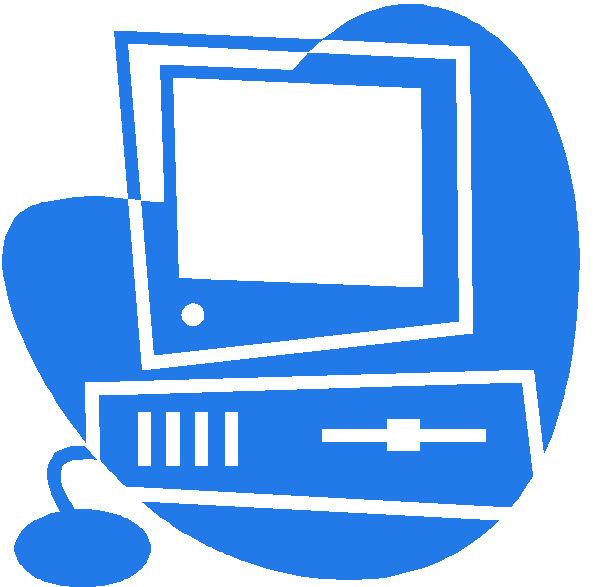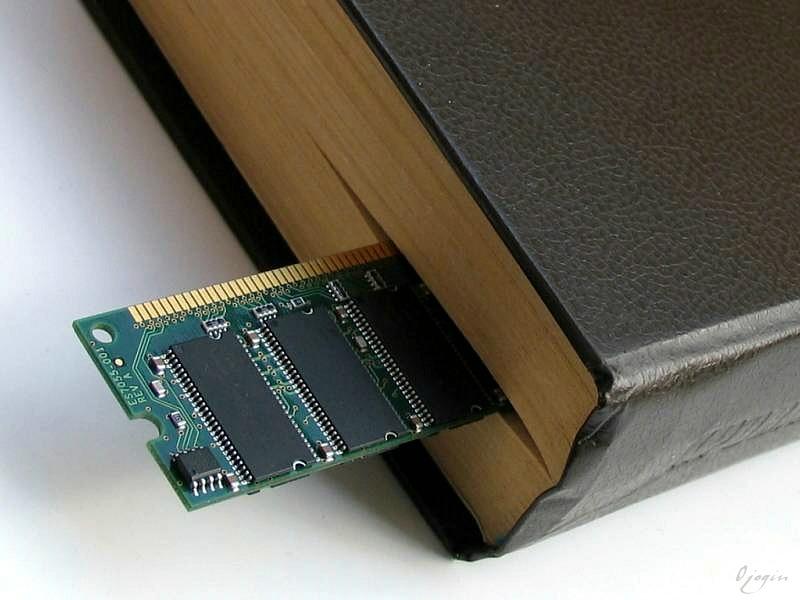
- •А.Д. Музафарова а.Г. Ковалева
- •Vocabulary practice section 1
- •Vocabulary practice section 2
- •Vocabulary practice section 3
- •Vocabulary practice section 1
- •Vocabulary practice section 2
- •Vocabulary practice section 3
- •Our guide to cleaning and maintaining your keyboard.
- •Vocabulary practice section 1
- •Vocabulary practice section 2
- •Vocabulary practice section 3
- •1. Communication between the primary storage unit and the arithmetic-logical and control units
- •2. Arithmetic-logical unit functional diagram
- •3. Control unit functional diagram
- •Vocabulary quiz.
- •Vocabulary practice section 1
- •Vocabulary practice section 2
- •Vocabulary practice section 3
- •Vocabulary practice section 2
- •Vocabulary practice section 1
- •Vocabulary practice section 1
- •Vocabulary practice section 2
- •Vocabulary practice section 3
- •Windows 2000
- •People and computers: information society
- •Input devices
- •Data processing
- •Output devices
- •Data storage
- •Operating systems
- •Список использованной литературы
Vocabulary practice section 3
1. Fill in the blanks with the correct units of memory.
|
|
One ……. represents about 1 000 000 000 characters (about 1000 books).
One ……. represents about 1 000 000 000 000 characters (about one million books in a big library).
2. The table gives some prefixes commonly used in computer science. Knowing the meaning of these prefixes will help you understand new words.
|
Prefix |
Meaning |
Examples |
|
deci- hexadeci- kilo- mega- giga- mini- micro- bi- tri- multi- mono- |
ten sixteen one thousand (1,000) (1,024 in binary: 2¹º) 210) large; one million very large; one thousand million small very small two three many one |
decimal, decimalize, decibel hexadecimal kilocycle, kilogram(me), kilowatt megahertz, megalith, megaton gigabyte, gigahertz minibus, minimum, minimize microfilm, microphone, microwave bidirectional, bidimensional, binary tripartite, tricycle, trilingual multi-racial, multi-user; multitasking monologue, monolingual |
Explain these expressions, taking into account the prefixes and root word.
Example: the binary system - The binary system is a notation which uses two digits, 0 and 1.
|
a minicomputer a microcomputer the decimal system
|
the hexadecimal system a multi-user configuration a bidimensional chessboard a tricycle |
a monochrome computer display a CPU with 256 MB of RAM a document of 3 kilobytes |
3. Complete these sentences by inserting a unit of memory.
A ……. is the smallest unit of information in a computer that must be either 0 or 1. Eight of these make a …….
A ……. is approximately one million bytes.
One of the largest units of memory is a ……. – equivalent to all the books in a large library.
A DVD-RW can usually store 4.7 ……. of data.
A ……. is around 1000 bytes.
GRAMMAR PRACTICE SECTION
|
Verb + -ing or infinitive.
1. Match the sentences with the explanations. |
|
|
|
|
|
|
|
|
|
|
|
|
|
|
|
|
|
|
|
2. Put the verbs in brackets into the correct form (–ing or infinitive). Sometimes both are possible.
Backing up involves (copy) current working files onto a separate storage disk.
Don't forget (save) the file before switching off.
The engineer managed (recover) all the lost data, though it took a long time.
I remember (shut) down the computer before I left the room.
Scientists considered silicon (be) one of the best materials for the creation of an IС.
Experts expect computers (become) the most commonly used devices.
If you don’t save your document every few minutes you risk (lose) all the work you’ve done.
Keyboard enables (input) numerical and text data.
They want this software (simulate) the action of an aircraft.
This program seems (work) correctly the first time it is tested.
Computers were designed (perform) thousands of computations per second.
Engineers expect these new devices (test) very soon.
The hacker denied (break) into our computer system.
Banks spend millions of dollars (try) to stop new kinds of computer crime.
Blue-ray discs let you (store) far more data than DVD discs.
Using computers (create) graphics and sounds, virtual reality makes the viewer (believe) he or she is in another world.
READING PRACTICE SECTION
|
Looks good on paper A new use for a common material
|
|
Once in a while, someone takes a familiar material like glass and finds a new use for it. Glass had been around for ages but, in the 1950s, Basil Hirschowitz of the University of Michigan thought of using a fibre made of the stuff to transmit light. Fibre optics have since revolutionised both surgery (Dr Hirschowitz’s original intention) and telecommunications (an unexpected bonus). Elvira Fortunato, Rodrigo Martins and their colleagues at the New University of Lisbon in Portugal believe they have found similarly a novel use for paper. Writing in IEEE Electron Device Letters, they describe how to use it to make a transistor.
Transistors are the workhorses of electronics. They are switches that employ one electric current to control the passage of another. Linked together on the surfaces of silicon chips, they form the “logic gates” that do the calculations in computers, mobile phones, television sets and the other electronic gadgets which dominate the modern world. The bold proposal that Dr. Fortunato and Dr. Martins are making is to replace the silicon with cellulose, the main ingredient of paper.
![]()
![]()
![]()
![]() The
silicon in a transistor has two separate roles. One, when it is doped
with small amounts of other elements, is as a semiconductor. This is
a material that permits the limited movement either of electrons
(which are negatively charged) or of positively charged “holes”
in the crystal lattice where an electron ought to be. Silicon’s
other role, when it is pure, is as a dielectric—a material that can
be penetrated by an electric field, but not an electric current. It
is silicon’s role as a dielectric that Dr Fortunato and Dr Martins
propose to replace.
The
silicon in a transistor has two separate roles. One, when it is doped
with small amounts of other elements, is as a semiconductor. This is
a material that permits the limited movement either of electrons
(which are negatively charged) or of positively charged “holes”
in the crystal lattice where an electron ought to be. Silicon’s
other role, when it is pure, is as a dielectric—a material that can
be penetrated by an electric field, but not an electric current. It
is silicon’s role as a dielectric that Dr Fortunato and Dr Martins
propose to replace.
The two researchers built their transistors by coating both sides of a sheet of paper with semiconductors made of oxides of zinc, gallium and indium, rather than silicon. They then deposited aluminium onto the coated paper to connect the resulting components together. One side of the paper carried the control currents while the other carried the output currents. The paper thus acted as the dielectric between the components of each transistor, as well as being the substrate for the circuit, in the same way that the base of a silicon chip acts both as substrate and as dielectric.
This approach lets the transistors be both flexible and cheap to produce. They can be made at room temperature, unlike a silicon chip, and paper is a lot less pricey than electronics-grade silicon. They also seem reliable. Dr. Fortunato and Dr. Martins tested their prototypes for two months without detecting any fall in performance.
Paper transistors, and circuits based on them, are not, it must be said, going to replace silicon chips as the microprocessors in computers any time soon—if only because they are nowhere near as miniaturised. But the two researchers have already used them to make a simple, disposable memory circuit, which they will describe in a forthcoming issue of Applied Physics Letters. Such paper-based “chips” would be much cheaper than the cheapest chips available today, and could be used in radiofrequency identification (RFID) tags on such things as packets of food on supermarket shelves—the cost of RFID chips is one of the factors preventing their widespread adoption. Baggage tags, banknotes with electronics embedded for security and even postage stamps that can be read by smart franking machines are other possible uses. Electronics may even come to rely on paper, rather than eliminating it.
Read the comments to the article. Which comments do you agree with? Why? What is your opinion on the article and on the technology it talks about? Do you think there is a future for it? What would you write to comment it?
|
Readers’ comments. 1. Interesting. But, I shudder to think of the future. We will have these tags on all forms of paper; we would have a major problem in recycling paper. 2. Hm. Lots of interesting uses. E.g.: Spy Paper. Paper with microphone circuitry and transmission circuitry to "bug" anything from memos to |
|
newspapers to magazines to ... unobtrusively. What fun!
3. At least we know already that this simple technology not only looks good on paper. But can be of use in ways so helpful to the modern issues of global warming and CO2 in the air.
4. Balance is what nature even does well if we were left out of the picture. This new use could be a new balance.
SPEAKING/WRITING PRACTICE SECTION
1. Describe the schemes:




